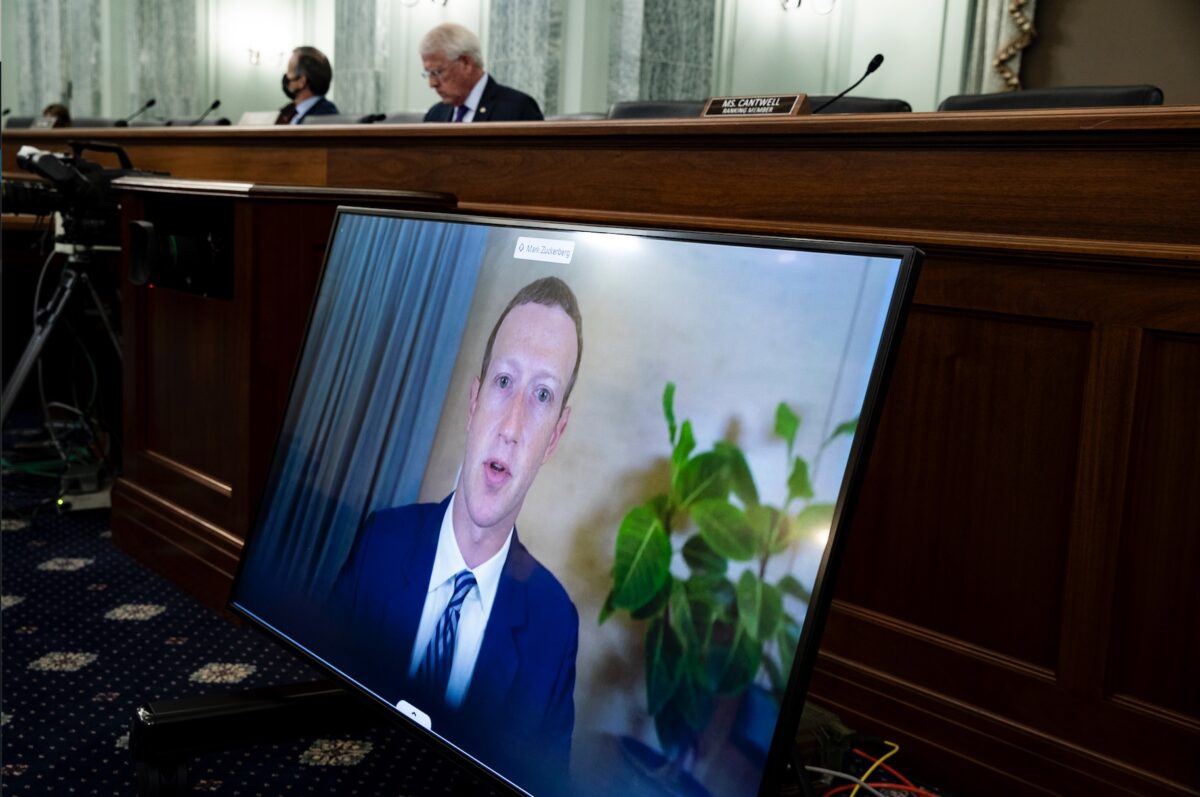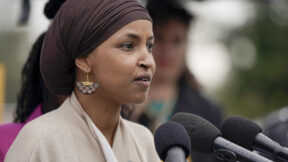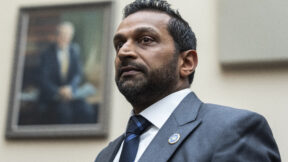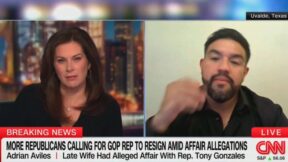Mark Zuckerberg Calls on Congress to Impose Age Limits on Internet Access After Facebook Outage

Michael Reynolds-Pool/Getty Images
Facebook CEO Mark Zuckerberg called Tuesday for Congress to regulate who could use the internet, saying it was the “right body to assess tradeoffs between social equities.”
“I don’t believe private companies should make all of the decisions on their own,” Zuckerberg said in an evening statement, which came a day after his company’s top services — Facebook, WhatsApp, and Instagram — crashed around the globe.
He then called on Congress to pass a law imposing an age restriction on certain internet usage, and to determine identification requirements that websites such as Facebook should impose on their users.
“That’s why we have advocated for updated internet regulations for several years now,” Zuckerberg wrote. “I have testified in Congress multiple times and asked them to update these regulations. … We’re committed to doing the best work we can, but at some level the right body to assess tradeoffs between social equities is our democratically elected Congress. For example, what is the right age for teens to be able to use internet services? How should internet services verify people’s ages? And how should companies balance teens’ privacy while giving parents visibility into their activity?”
The comments drew at least one skeptical reader in NSA whistleblower Edward Snowden. “Zuckerberg responds to a global outage and national scandal by claiming Facebook is the real victim here,” Snowden opined in a late-evening message on Twitter, “and modestly proposing Congress consider: A) legally restricting teen use of internet services B) identify verification mandates C) limiting teen privacy. On-brand, really.”
In addition to Monday’s outage, a congressional panel on Tuesday heard from Frances Haugen, a former Facebook product manager and self-styled whistleblower who asserted that Zuckerberg’s online empire took insufficient measures to protect young people from feeling inadequate. In addition to calling for regulation, Zuckerberg took aim at Haugen for absconding from her job with the company’s research about its influence on young people in order to leak it to the media.
“I’m worried about the incentives that are being set here,” Zuckerberg wrote. “We have an industry-leading research program so that we can identify important issues and work on them. It’s disheartening to see that work taken out of context and used to construct a false narrative that we don’t care. If we attack organizations making an effort to study their impact on the world, we’re effectively sending the message that it’s safer not to look at all, in case you find something that could be held against you. That’s the conclusion other companies seem to have reached, and I think that leads to a place that would be far worse for society.”
New: The Mediaite One-Sheet "Newsletter of Newsletters"
Your daily summary and analysis of what the many, many media newsletters are saying and reporting. Subscribe now!






Comments
↓ Scroll down for comments ↓